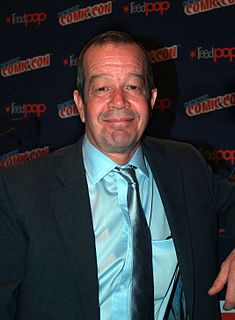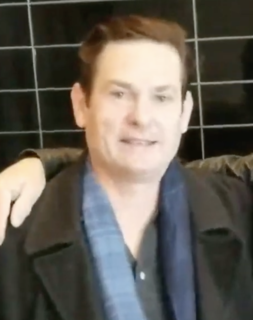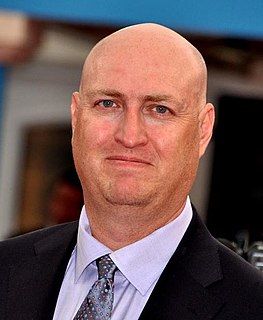A Quote by Daniel J. Bernstein
I won't be satisfied until I've put the entire security industry out of work.
Related Quotes
The fact that we're at a point today where anybody, anywhere can put a comic book together and get it in front of the entire planet without spending a dime on printing and distribution - that's the good thing, and I think that's what's going to save [the comics industry]. These young people who have nothing to do with the industry we're in, just going out there and doing their own work and putting it out there, letting people respond to it.
Defending against military-strength malware is a real challenge for the computer security industry. Furthermore, the security industry is not global. It is highly focused in just a handful of countries. The rest of the countries rely on foreign security labs to provide their everyday digital security for them.
The best advice I can give on this is, once it's done, to put it away until you can read it with new eyes. Finish the short story, print it out, then put it in a drawer and write other things. When you're ready, pick it up and read it, as if you've never read it before. If there are things you aren't satisfied with as a reader, go in and fix them as a writer: that's revision.
What people don't understand is that the underground that existed was created in the early 80s and was thriving throughout the 80s. Until the industry showed up it was a pretty significant network. It was all happening, but the smell of money had not wafted up high enough for the industry. It wasn't really until they came descending on Seattle that things really got out of control.







































